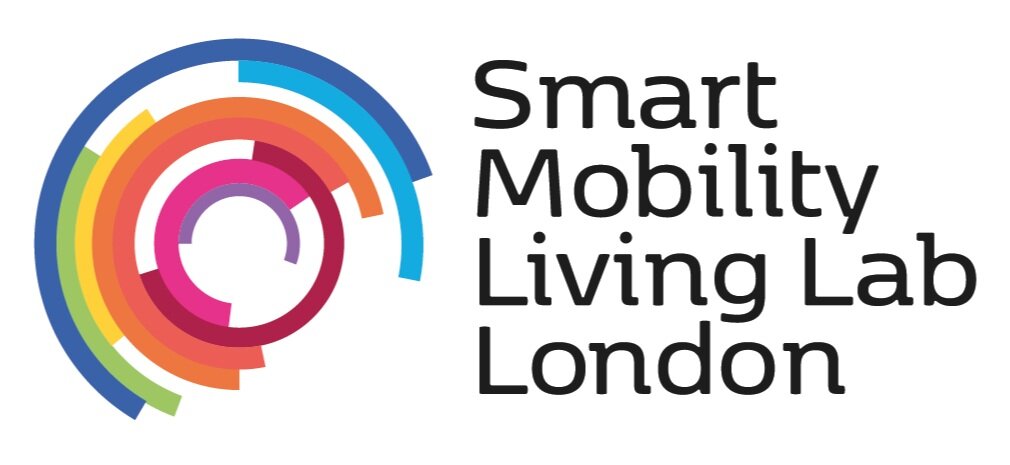Converting CCTV cameras into smart sensors
SMLL are running a pilot trial in Queen Elizabeth Olympic Park to use the existing roadside CCTV equipment as sensors, to detect and identify the movement of mobile VRUs such as scooters and wheelchairs in real time.
The pilot is to assist Fyma (For your motion analytics) - a computer vision AI startup – to improve the layout and design of urban spaces so people and objects can move around more efficiently.
Fyma converts the camera feeds into data points, which then uses AI to run movement analytics to monitor objects passing through them in real time.
One of the aims of the trial is to train the AI algorithms to understand the movement characteristics of new vehicle types, as well as understand safety risks of mixed traffic in various parts of the park.
With 770M CCTV cameras installed around the world, and set to exceed 1 billion this year, Fyma is on a mission to help its clients unlock value hidden within existing video footage using AI and computer vision. It does this by transforming any new or legacy outdoor and CCTV cameras into smart sensors that capture real-time data and extract insights. The AI behind the company’s solution helps clients understand and contextualise the patterns of movement in individuals and moving objects in the built environment with the aim of increasing efficiencies, safety and revenue.
Fyma offers a 100% plug and play SaaS solution that integrates with virtually any IP camera setup. This requires less processing power and infrastructure investment than installing a high-end specialty camera system. The Fyma platform is also self-learning removing the burden of manually inputting thousands of business rules and significantly reducing onboarding times.
Fyma is compliant with existing privacy regulation including GDPR and its privacy-by-design approach prevents facial recognition. All gathered data is anonymised and sensitive information is protected. Fyma operates on secure servers and provides clients with a range of tools to manage data security.
The project at QEOP will be ongoing until November.

